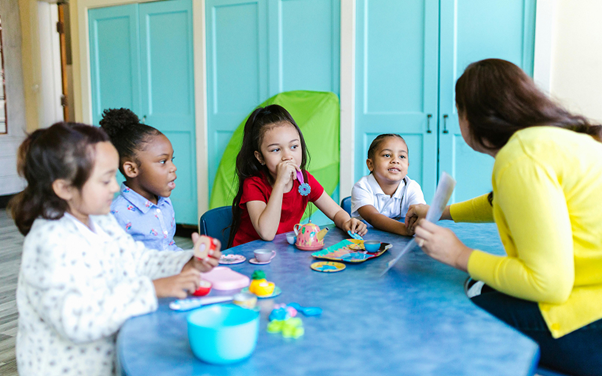Navigating early education in Singapore can feel like trying to decipher a secret code. Between understanding when to enrol your child and figuring out what they should be learning at each age, the process can quickly shift from exciting to overwhelming. Whether your toddler is nearing nursery age in Singapore or you’re planning for their kindergarten journey, it pays to understand how to maximise this foundational stage of their life. In this article, we explore how to make the most of it, the skills that parents and children can develop, and why some risks may be worth taking.
The Right Start at the Right Time
In Singapore, the typical nursery age ranges from 18 months to 3 years, while kindergarten age spans 5 to 6 years. Many parents soon realise that each stage comes with its rhythm, expectations, and opportunities. Understanding how to optimise this period is less about rushing your child to “get ahead” and more about identifying what they need developmentally.
The nursery years are often a child’s first steps into a structured environment outside the home. This stage is about nurturing social awareness, communication, and confidence. Environments like those in preschool programmes emphasise exploratory learning, routine-building, and sensory play.
To maximise your efforts during the nursery age in Singapore, focus on creating consistency between home and school routines. Simple steps like discussing the day’s schedule, practising self-care skills, and encouraging conversation can boost your child’s transition into independence.
When it comes to kindergarten age in Singapore, the emphasis gradually shifts to more complex thinking and social interaction. Literacy and numeracy skills begin to take root, but what matters is how children approach learning.
Supporting your child during this stage means continuing to celebrate their questions rather than rushing for the correct answer. Your effort is helping them enjoy learning itself.
Parenting Through the Preschool Years
It’s easy to think of early education as something that happens to the child. Whether guiding your toddler through the nursery or supporting your kindergartener’s first group project, this season offers countless opportunities for growth as a caregiver.
One way to improve your parenting skills during this stage is to observe how your child responds to routine, structure, and social interaction. If your toddler shows signs of anxiety when separated, instead of avoiding school, work with educators to create a supportive transition plan. If your kindergartener gets easily frustrated when solving puzzles, use those moments to teach patience and model emotional regulation.
It’s also important to keep developing your communication skills. Clear and empathetic communication builds trust. Parents often underestimate their role as emotional anchors during this phase. The more confident and calm you appear, the more secure your child feels stepping into unfamiliar environments.
Moreover, being proactive about your learning is key. Read up on the evolving expectations of nursery age and kindergarten age in Singapore. Attend orientation sessions, ask questions, and don’t shy away from seeking clarity about the school’s philosophy. This equips you to support your child better and collaborate effectively with educators.
Embracing Discomfort and Growth
Every parent wants their child to feel safe, happy, and successful. But ironically, some of the most meaningful growth happens when we allow space for challenge and discomfort. For children transitioning through nursery and kindergarten, this can mean trying something unfamiliar.
From a parenting perspective, the risks worth taking often involve stepping back. Resisting the urge to intervene immediately can help them build resilience. Children who are allowed to try, fail, and try again emerge with stronger self-esteem and problem-solving skills.
In the context of preschool years at centres, educators often create safe spaces for these micro-risks to happen. Climbing up a play structure without being lifted, leading a group song, or being “helper of the day” are all small challenges that encourage initiative and independence. These experiences become the scaffolding for more confident learning in primary school and beyond.
And yes, sometimes the risks involve the parents too. It might be choosing a programme that encourages inquiry, or accepting that your child may take longer to settle compared to their peers. These are variations of progress. Trusting the process, even when it feels uncomfortable, is one of the greatest gifts you can give your child during these early years.
Starting Small, Thinking Big
From the moment they enter a child-centred classroom to the day they move up from kindergarten, every interaction shapes their identity, confidence, and curiosity. And for parents, these years offer a rare opportunity to engage, observe, and grow alongside their children. Understanding the roles that nursery age and kindergarten age in Singapore is about recognising that development follows connection, challenge, and support. Maximise what you can improve where needed, and don’t be afraid to take a few thoughtful risks.









